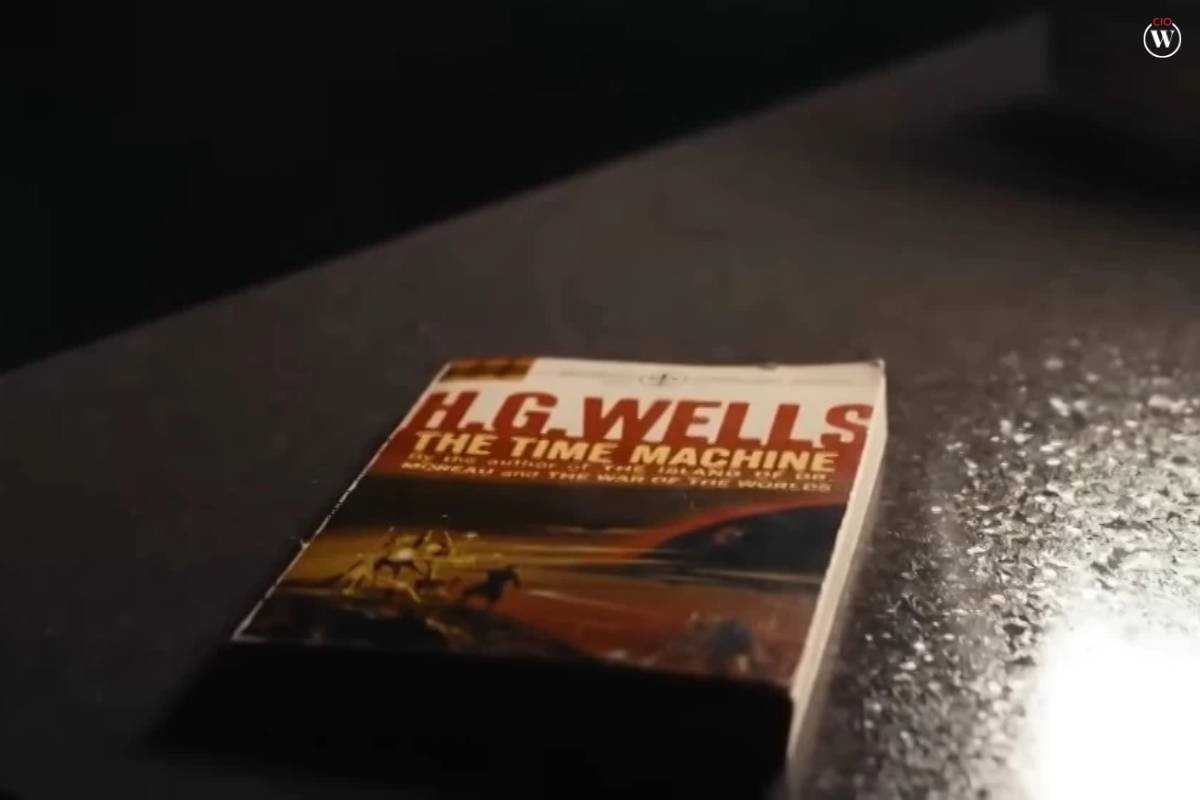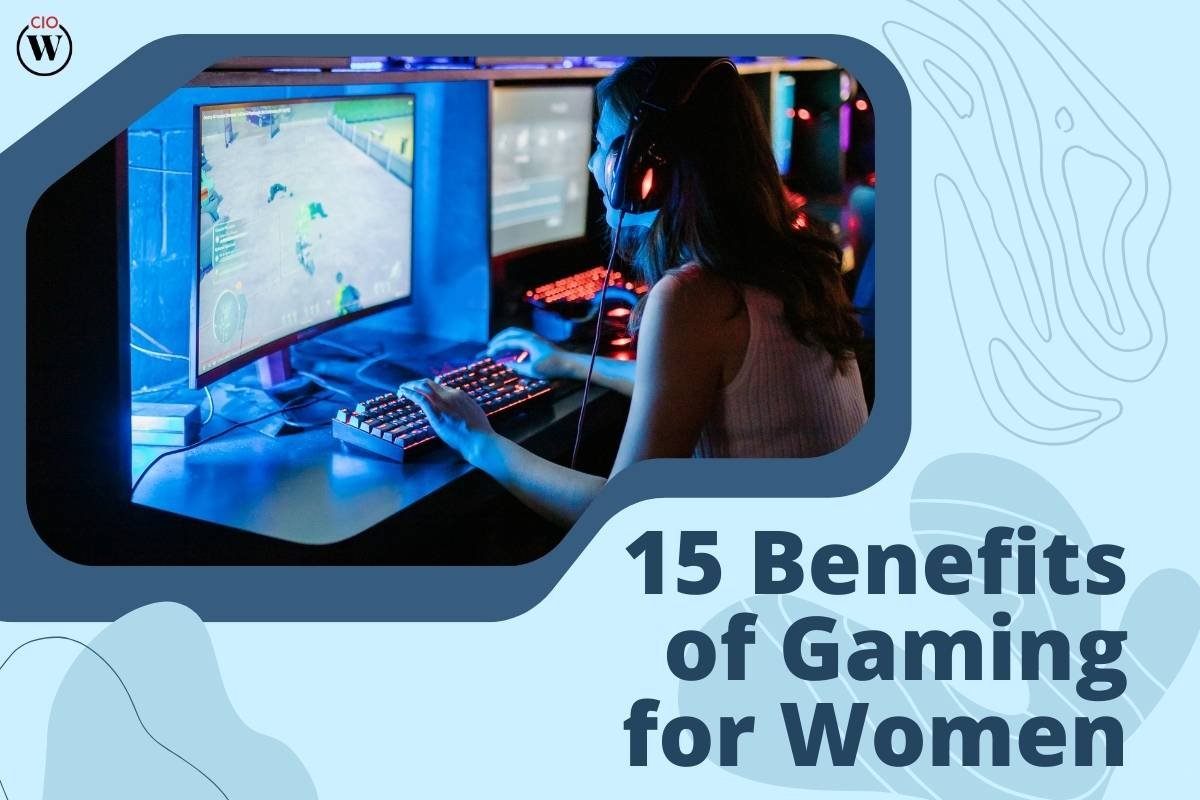Embarking on a journey of self-improvement through reading is one of the most enriching experiences life has to offer. However, for beginners, the plethora of options can be overwhelming. Fortunately, there are numerous free books available that cater to a variety of interests and skill levels. In this article, we will explore the 15 best free books to read that serve as perfect starting points for beginners.
Here are some free books to read for beginners:
1. “The Adventures of Sherlock Holmes” by Arthur Conan Doyle
When we talk about the best free books to read, Arthur Conan Doyle’s ‘The Adventures of Sherlock Holmes’ is the name we cannot miss. His masterful storytelling and intricate plots make it an engaging series. Holmes, with his keen powers of observation and deduction, serves as a compelling model for logical thinking. As beginners delve into these stories, they not only enjoy thrilling mysteries but also hone their analytical skills.
2. “Pride and Prejudice” by Jane Austen
Jane Austen’s “Pride and Prejudice” is a classic novel that transcends time. Set in the early 19th century, it explores the intricacies of societal norms, class distinctions, and the complexities of human relationships. Austen’s wit and satirical commentary on the social structure of her time provide readers with a window into the past while offering timeless insights into human behavior.
3. “To Kill a Mockingbird” by Harper Lee

Harper Lee’s “To Kill a Mockingbird” tackles profound issues such as racial inequality and moral growth. Through the eyes of Scout Finch, readers witness the challenges of empathy and morality in the face of prejudice. This is one of the rare free books to read that not only presents a powerful narrative but also prompts readers to reflect on their own values and beliefs.
4. The Great Gatsby” by F. Scott Fitzgerald
F. Scott Fitzgerald’s “The Great Gatsby” is a compelling exploration of the American Dream. Set against the backdrop of the Roaring Twenties, the novel delves into the excesses of wealth, the pursuit of happiness, and the consequences of unbridled ambition. Fitzgerald’s lyrical prose and vivid characters make this novel a captivating read for beginners interested in delving into the complexities of human desires.
5. “Animal Farm” by George Orwell
George Orwell’s “Animal Farm” is a brilliant allegory that satirizes political systems and human nature. Through the lens of farm animals seeking freedom, Orwell explores the corrupting influence of power and the dangers of totalitarianism. This novella serves as a thought-provoking introduction to political allegory and societal critique.
6. “The Alchemist” by Paulo Coelho
Paulo Coelho’s “The Alchemist” is a philosophical novel that resonates with readers seeking inspiration and purpose. The journey of Santiago, the shepherd boy, is a metaphor for the pursuit of one’s dreams and the discovery of one’s true self. Coelho’s prose, infused with wisdom and spirituality, encourages readers to contemplate their own life journey and aspirations.
7. “Siddhartha” by Hermann Hesse

Hermann Hesse’s “Siddhartha” offers a spiritual exploration of self-discovery and enlightenment. Set in ancient India, the novel follows Siddhartha’s quest for meaning beyond material pursuits. Hesse’s introspective narrative invites readers to reflect on the nature of existence, the pursuit of knowledge, and the path to inner peace. This is certainly one of the best free books to read.
8. “Frankenstein” by Mary Shelley
Mary Shelley’s “Frankenstein” is a Gothic masterpiece that delves into the consequences of scientific experimentation and the ethical implications of playing with the forces of life. This novel, often considered the first science fiction work, explores themes of identity, responsibility, and the hubris of human ambition. Shelley’s haunting narrative prompts readers to ponder the ethical dilemmas posed by advancing technology.
9. “The Art of War” by Sun Tzu
“The Art of War” by Sun Tzu is a timeless guide to strategy, leadership, and conflict resolution. Though rooted in ancient Chinese military philosophy, the principles presented in this text are applicable to various aspects of life, including business and personal development. Sun Tzu’s insights into the nature of competition, adaptability, and strategic thinking continue to be relevant for readers seeking practical wisdom.
10. “The Picture of Dorian Gray” by Oscar Wilde
Oscar Wilde’s “The Picture of Dorian Gray” is a dark and provocative exploration of vanity and moral decay. Wilde’s sharp wit and social commentary are evident in this cautionary tale about the consequences of unchecked hedonism. As beginners navigate Wilde’s eloquent prose, they confront timeless questions about the nature of beauty, morality, and the pursuit of pleasure.
11. “Dracula” by Bram Stoker
Bram Stoker’s “Dracula” is a cornerstone of Gothic literature that has left an indelible mark on the horror genre. Through the character of Count Dracula, Stoker explores themes of fear, superstition, and the clash between modernity and ancient folklore. This novel serves as an introduction to the atmospheric and psychological aspects of horror literature.
12. “Moby-Dick” by Herman Melville
Herman Melville’s “Moby-Dick” is a monumental work that delves into the complexities of the human psyche and the pursuit of revenge. Captain Ahab’s obsessive quest for the white whale, Moby-Dick, serves as a metaphor for the destructive nature of unchecked ambition. Melville’s rich symbolism and philosophical musings make this novel a challenging yet rewarding read for those exploring the depths of literary fiction.
13. “Alice’s Adventures in Wonderland” by Lewis Carroll
Lewis Carroll’s “Alice’s Adventures in Wonderland” is a whimsical and imaginative journey into a fantastical world. Through Alice’s encounters with peculiar characters and nonsensical events, Carroll explores the absurdities of life and the nature of reality. This classic serves as an introduction to the literary genre of nonsense literature, encouraging readers to embrace creativity and whimsy.
14. “The Call of the Wild” by Jack London
Jack London’s “The Call of the Wild” is a gripping adventure that explores the primal instincts within us. The transformation of Buck, a domesticated dog, into a wild creature in the unforgiving Yukon wilderness, serves as a metaphor for the untamed spirit within all beings. London’s vivid descriptions of the natural world and the struggle for survival provide readers with a visceral and immersive reading experience.
15. “The Time Machine” by H.G. Wells

H.G. Wells’ “The Time Machine” is a groundbreaking work of science fiction that introduces readers to the concept of time travel. As the protagonist journeys into the distant future, readers are prompted to contemplate the consequences of technological advancement and the evolution of humanity. Wells’ imaginative narrative serves as a gateway to the speculative realms of science fiction literature.
Conclusion
As beginners delve into these literary treasures, they not only gain insights into diverse themes but also cultivate essential skills such as critical thinking, empathy, and a deeper understanding of the human experience. Reading these free books to read serves as a gateway to a lifelong journey of learning, exploration, and self-discovery. So, let the pages turn and the stories unfold, for within the world of books lies the key to unlocking the vast expanse of human knowledge and imagination.








